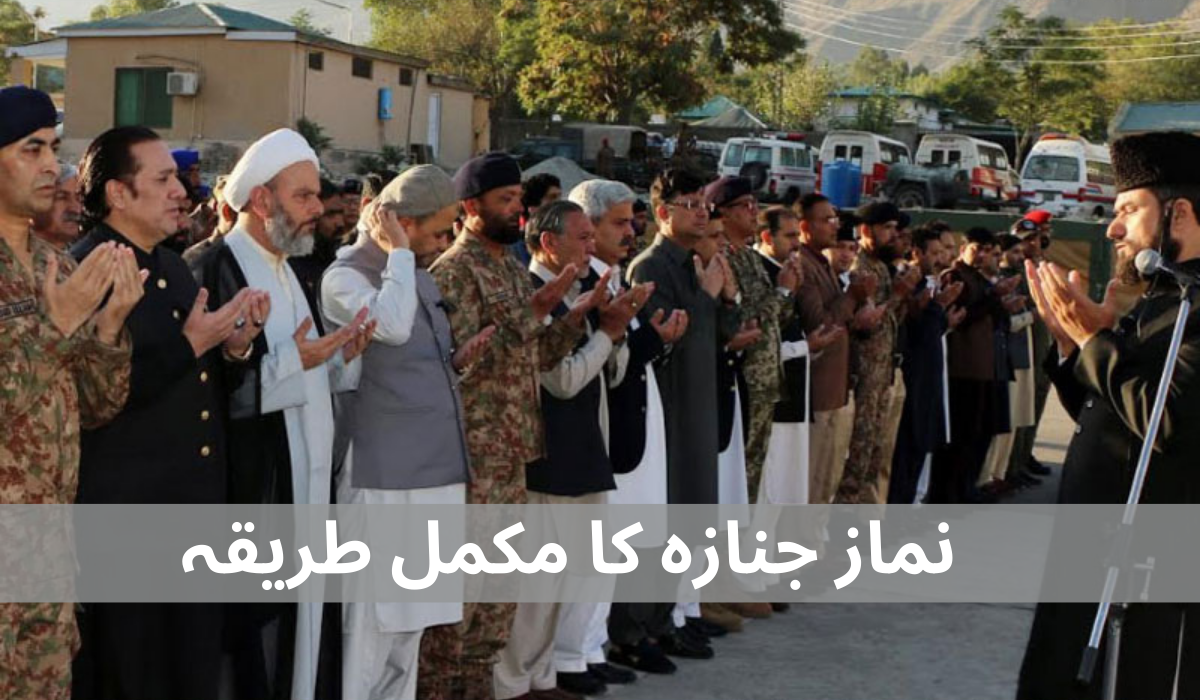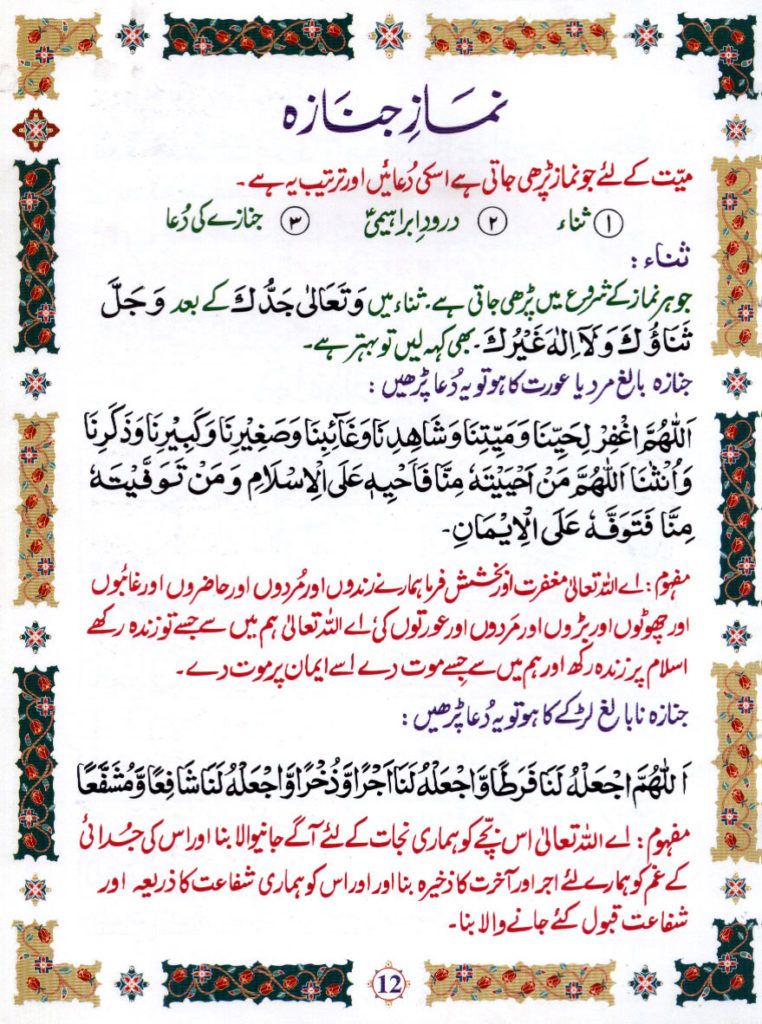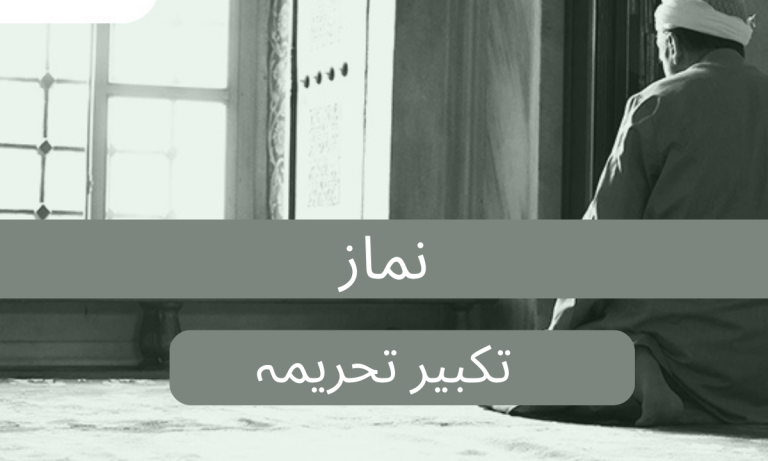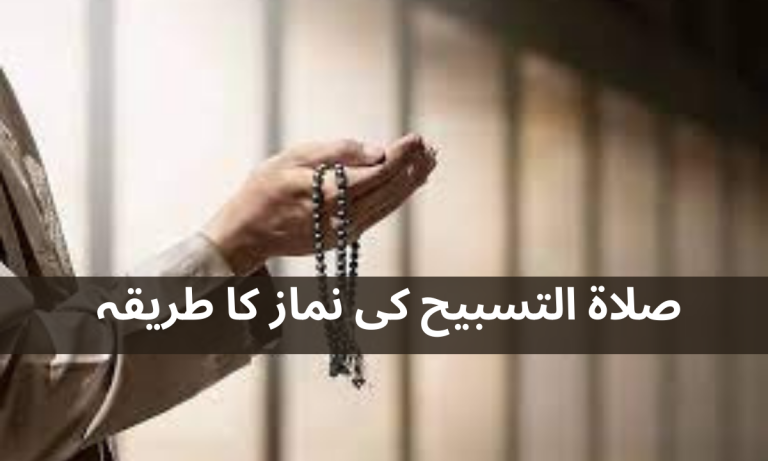Namaz E Janaza Ka Tariqa Step By Step Guide Read And Learn Online

Namaz E Janaza Ka Tariqa Step By Step Guide Read And Learn Online Namaz-e-Janaza, also known as the funeral prayer, holds a special significance in Islamic tradition. It is a solemn and essential ritual performed by Muslims to offer their final respects and prayers for a deceased person. This prayer signifies the importance of life, death, and the belief in the afterlife in Islamic faith.
Namaz E Janaza Ka Tariqa Step By Step Guide Read And Learn Online
Namaz-e-Janaza consists of a series of supplications and Quranic verses recited in congregation by Muslims gathered for the funeral. The prayer serves as a means of seeking forgiveness for the deceased and asking Allah for their peaceful journey into the hereafter. It is a communal act of support and solidarity for the grieving family and a reminder of the transient nature of life.
The practice of Namaz-e-Janaza underscores the importance of unity and brotherhood within the Muslim community. It is a poignant reminder that death is an inevitable part of the human experience and a call to reflect on one’s own life and deeds. Muslims believe that performing this prayer is not only a duty but also a way to express compassion, empathy, and respect for the departed soul and their loved ones.
In summary, Namaz-e-Janaza is a sacred and vital tradition in Islam that reflects the faith’s core beliefs about life, death, and the afterlife. It serves as a spiritual and communal way for Muslims to honor the deceased and provide support to the grieving family during their time of loss.
Namaz E Janaza Ka Tariqa
Namaz-e-Janaza, also known as the funeral prayer, is an important Islamic ritual performed to seek forgiveness for the deceased and pray for their peaceful journey into the afterlife. Here’s a step-by-step guide on how to perform Namaz-e-Janaza:
Step 1: Intention (Niyyah):
- Begin by making a sincere intention in your heart to perform the Namaz-e-Janaza prayer for the deceased person.
Step 2: Body Preparation:
- Ensure that the deceased is properly prepared for the funeral, including the ritual washing (Ghusl) and shrouding (Kafan) according to Islamic customs.
Step 3: Placement of the Deceased:
- Place the deceased’s body in front of the congregation, with the head facing the qibla (the direction of the Kaaba in Mecca).
Step 4: Standing Formation:
- Stand in rows, forming a congregation behind the deceased.
Step 5: Takbir-e-Tahrima:
- Begin the prayer by raising your hands to your ears while saying “Allahu Akbar” (الله أكبر), which means “Allah is the Greatest.” This is called Takbir-e-Tahrima.
Step 6: Qiyam (Standing):
- After the Takbir-e-Tahrima, recite Surah Al-Fatiha silently in your heart.
Step 7: Du’a for the Deceased:
- After Surah Al-Fatiha, recite the following supplication for the deceased silently:
- “Allahumma ighfir lihayyina wa mayyitina wa shahidina wa gha’ibina wa saghirina wa kabirina wa dhakarina wa unthana. Allahumma man ahyaytahu minna fa-ahyihi ‘ala al-Islam, wa man tawaffaytahu minna fa-tawaffahu ‘ala al-Iman.”
Translation: – “O Allah, forgive our living and our dead, those who are present among us and those who are absent, our young and our old, our males and our females. O Allah, whomever You keep alive, let him live as a follower of Islam, and whomever You cause to die, let him die as a believer.”
Step 8: Second Takbir:
- After the du’a, raise your hands to your ears again and say “Allahu Akbar.”
Step 9: Durood (Salutations upon the Prophet):
- Recite the Salat al-Ibrahimiyya (Durood) silently in your heart:
- “Allahumma salli ‘ala Muhammadin wa ‘ala ali Muhammadin kama sallayta ‘ala Ibrahim wa ‘ala ali Ibrahim, innaka Hamidun Majid.”
Translation: – “O Allah, bless Muhammad and the family of Muhammad as You blessed Ibrahim and the family of Ibrahim. Verily, You are Praiseworthy, Glorious.”
Step 10: Third Takbir:
- Raise your hands to your ears for the third time and say “Allahu Akbar.”
Step 11: Du’a for the Deceased:
- Offer a personal supplication for the deceased, asking Allah for their forgiveness, mercy, and a peaceful resting place in the hereafter.
Step 12: Fourth Takbir:
- Raise your hands to your ears one last time, saying “Allahu Akbar.”
Step 13: Tasleem (Ending the Prayer):
- To conclude the prayer, turn your head to the right and say “Assalamu ‘Alaikum wa Rahmatullah” (السلام عليكم ورحمة الله) to your right side. This signifies the end of the funeral prayer.
Step 14: Dua for the Deceased (Optional):
- After completing the prayer, you can offer additional supplications for the deceased’s forgiveness and a place in paradise.
It’s important to note that Namaz-e-Janaza is typically performed in a congregation, and the steps may slightly vary depending on cultural and regional practices. It is a collective act of worship and a demonstration of solidarity with the deceased and their family during their time of grief.
Read Namaz E Janaza
Benefits Of Namaz E Janaza
Namaz-e-Janaza, the funeral prayer in Islam, holds several benefits for both the deceased and those who perform it. Here are some of the key benefits of Namaz-e-Janaza:
For the Deceased:
- Supplication for Forgiveness: Namaz-e-Janaza serves as a collective supplication (du’a) for the forgiveness of the deceased’s sins. Muslims believe that these prayers can help ease the soul’s transition to the afterlife by seeking Allah’s mercy and forgiveness.
- Intercession: It is believed that the funeral prayer can intercede on behalf of the deceased by presenting their good deeds and sincere intentions to Allah, potentially leading to a more favorable judgment in the afterlife.
- Peaceful Transition: The prayer is a means of asking Allah to grant the deceased a peaceful and smooth transition from this world to the hereafter, ensuring their journey is free from hardship and difficulties.
- Community Support: The presence of a congregation during Namaz-e-Janaza provides emotional support to the family of the deceased, reminding them that they are not alone in their grief. It fosters a sense of community and solidarity.
For Those Who Perform Namaz-e-Janaza:
- Spiritual Reward: Performing the funeral prayer is considered a virtuous act in Islam. It earns spiritual rewards and blessings (thawab) for those who participate. The Prophet Muhammad (peace be upon him) emphasized the importance of attending funerals and praying for the deceased.
- Reflection on Mortality: Namaz-e-Janaza serves as a reminder of the transient nature of life and the inevitability of death. This reflection can lead to increased mindfulness and a reevaluation of one’s own life and actions.
- Expressing Sympathy: Attending the funeral and offering prayers is a way to express sympathy and empathy for the grieving family. It is a gesture of care and support during their time of loss.
- Community Bonding: Coming together as a congregation to perform the funeral prayer strengthens the bonds within the Muslim community. It reinforces the sense of brotherhood and unity among believers.
- Serving a Religious Duty: Performing Namaz-e-Janaza is considered a religious obligation in Islam. It fulfills a duty towards the deceased and is seen as a way to fulfill one’s religious responsibilities.
In summary, Namaz-e-Janaza holds significant spiritual and communal benefits for both the deceased and those who perform it. It is an act of worship and a demonstration of compassion, support, and unity within the Muslim community.
Conclusion
Namaz-e-Janaza, the funeral prayer in Islam, is a profound and meaningful ritual that serves multiple purposes. It offers a means of seeking forgiveness and peace for the deceased, while also providing spiritual rewards and benefits to those who participate.
Beyond its religious significance, it fosters a sense of community, compassion, and solidarity among Muslims during times of grief and loss. Through the collective supplication and reflection on mortality, Namaz-e-Janaza reminds believers of the transient nature of life and the importance of striving for a righteous and compassionate existence. It is a testament to the core values of Islam and the strong bonds that unite its followers in both times of joy and sorrow.





